The Presidents of Uzbekistan and Russia took part in the First Meeting of the Council of Regions of the two countries

As reported by the National Information Agency - UzA, the first meeting of the Council of Regions of Uzbekistan and Russia, chaired by the President of the Republic of Uzbekistan Shavkat Mirziyoyev and the President of the Russian Federation Vladimir Putin, was held in Tashkent on May 27.
It should be noted that this platform, launched by the heads of the two states six years ago, operated as a joint Forum for Interregional Cooperation.
Considering the rapid pace of development of interregional cooperation, the high dynamics of growth of mutual investments, the number of joint projects, and the excellent potential for expanding areas of collaboration, it was decided to raise the status of the forum and transform it into the Council of Regions of Uzbekistan and Russia, chaired by the Presidents.
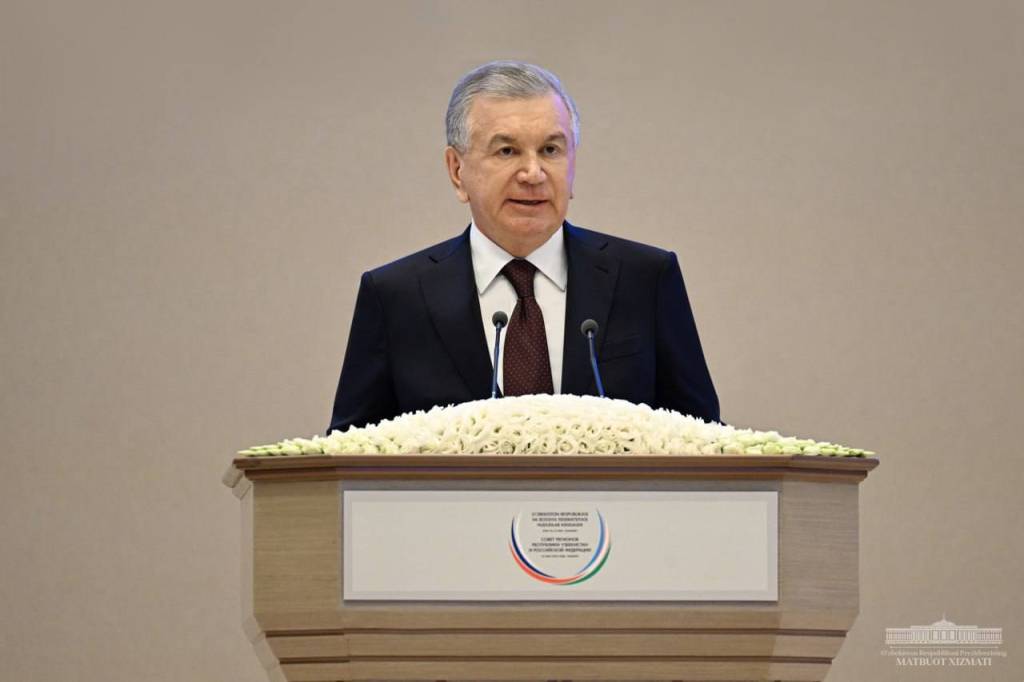
Opening the meeting of the Council, the President of Uzbekistan sincerely greeted President Vladimir Putin and representatives of the Russian delegation, including heads of about 30 regions and 300 representatives of leading industrial enterprises and businesses.
“Such cooperation is highly effective and contributes to enhancing long-term partnership between Uzbekistan and Russia”, the President of Uzbekistan emphasized.
The fruitful results of today’s high-level talks, which showed a common spirit and desire to expand and strengthen a full-scale partnership in the interests of the two countries and peoples, were noted with satisfaction.
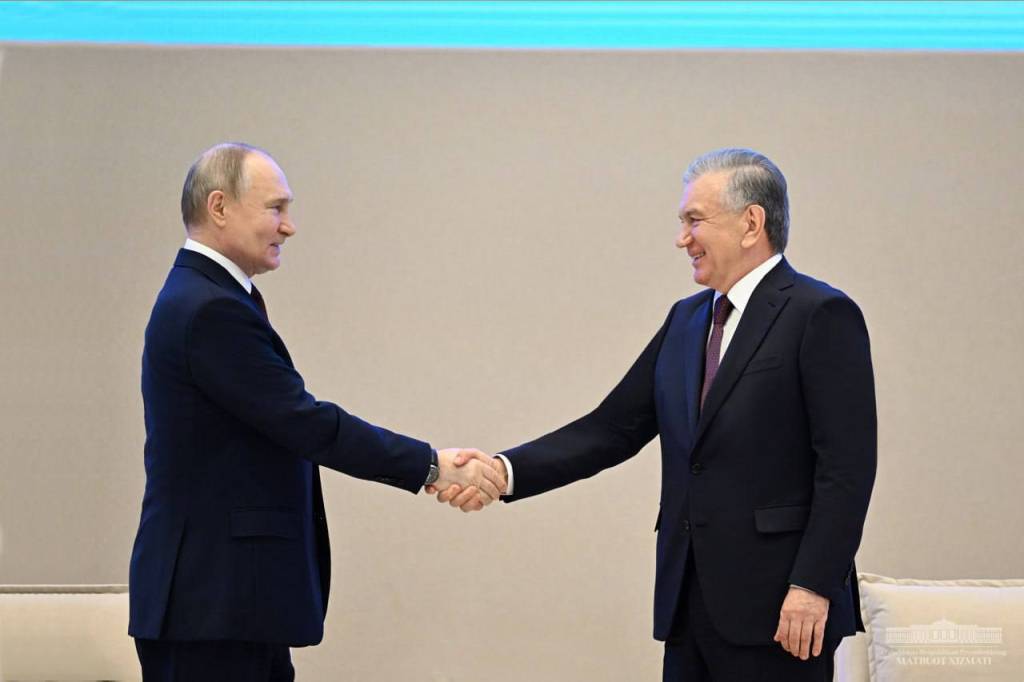
The intensification of contacts at all levels since the beginning of the year, including between the two countries’ regions, was separately highlighted. Just last week, delegations from the Uzbekistan regions visited partner regions in Russia.
In this context, special importance is attached to further developing interregional dialogue and enriching it with new practical content.
Over 200 joint projects worth $4 billion are being implemented at the regional level. As part of the Council meeting, a new package of agreements worth more than $5 billion was prepared.
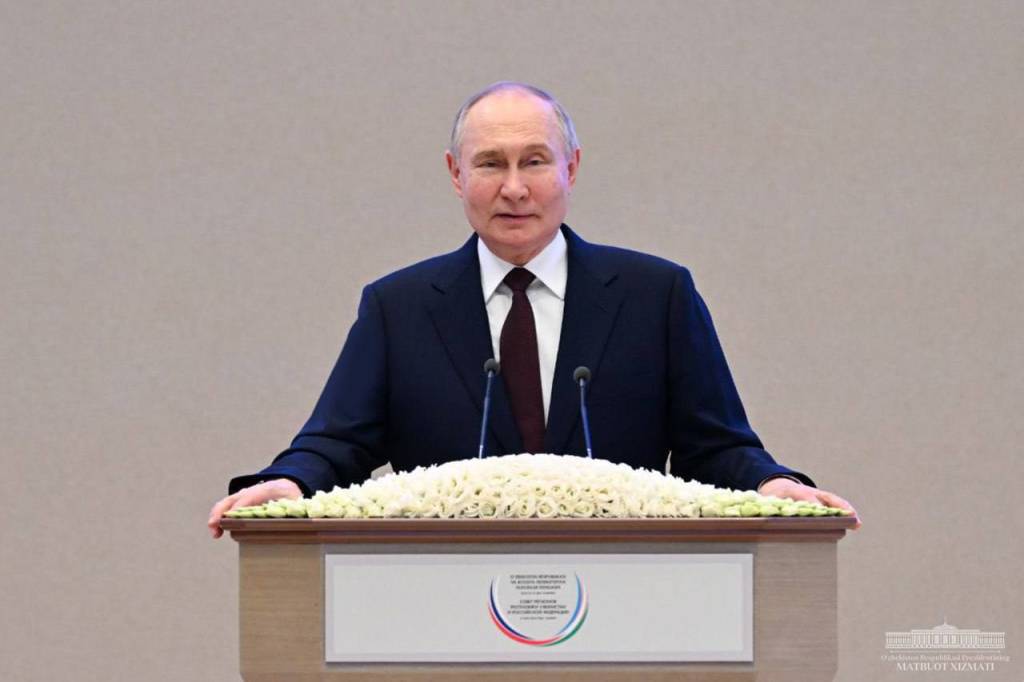
It was noted with satisfaction that during the talks at the highest level, new ambitious goals were set – increasing the volume of trade turnover to $30 billion in the coming years and disbursing up to $10 billion of investments next year.
The President of Uzbekistan outlined several priorities for cooperation, noting that the two countries’ regions are intended to become the main drivers for achieving the set goals.
First of all, this is an increase in mutual trade. Over the last seven years alone, Uzbekistan’s trade turnover with Russia has increased 2.5 times. The structure of mutual supplies has improved qualitatively, primarily due to products with high-added value.
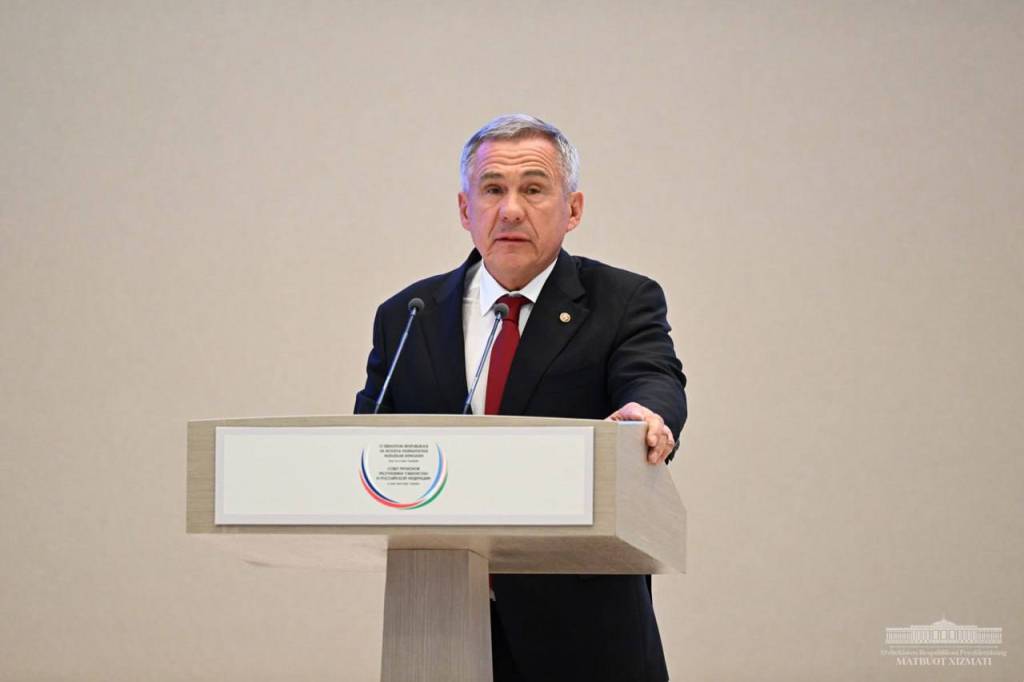
Among the main partners are the cities of Moscow and Saint Petersburg, Tatarstan, Moscow, Leningrad, Novosibirsk, Astrakhan, Ivanovo, Chelyabinsk regions, Krasnoyarsk, Perm Krai, Bashkortostan and many others.
Action plans have been adopted to increase trade turnover by increasing cooperation and import substitution projects, primarily with the regions’ active involvement.
To support trade and cooperation projects, a full-fledged trade mission of Uzbekistan will be opened in Russia.
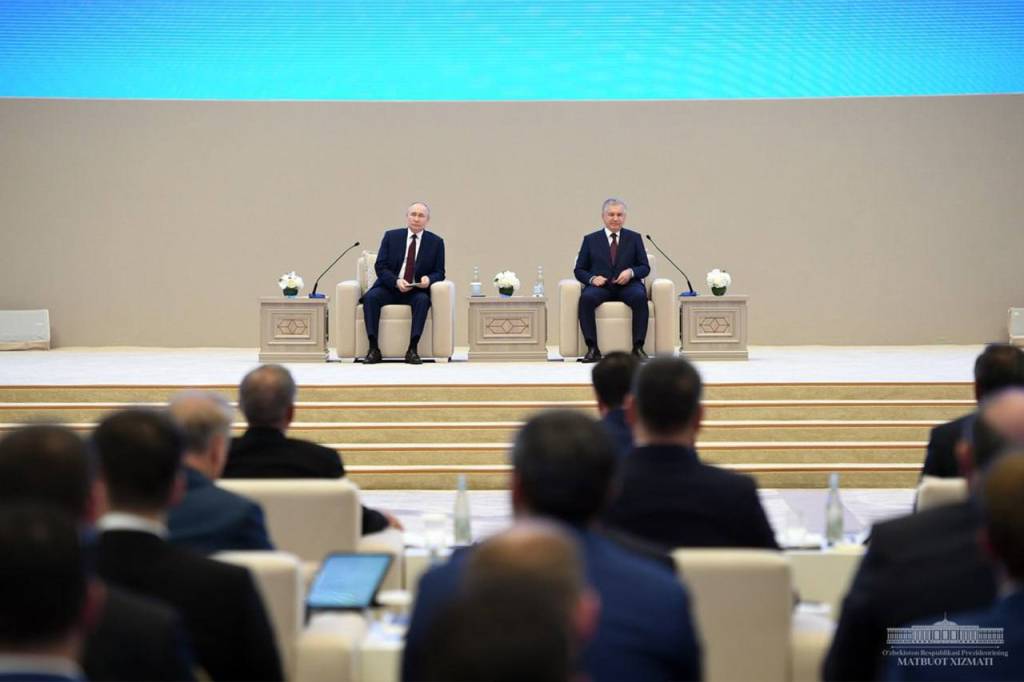
The dynamics of investment and technological cooperation were highly assessed. More than three thousand Russian companies operate successfully in Uzbekistan.
Projects are being implemented in energy, chemistry, petrochemistry, mechanical engineering, agriculture, logistics, textile and food industries, and other industries. The Khimgrad Industrial Zone in Tashkent region, launched with partners from Tatarstan, is expanding, with a branch in Jizzakh region.
“The total portfolio of joint projects already exceeds $45 billion. As part of the current summit, agreements were reached on new cooperation projects for another 20 billion dollars, a quarter of which falls on the regions”, the President of Uzbekistan said.
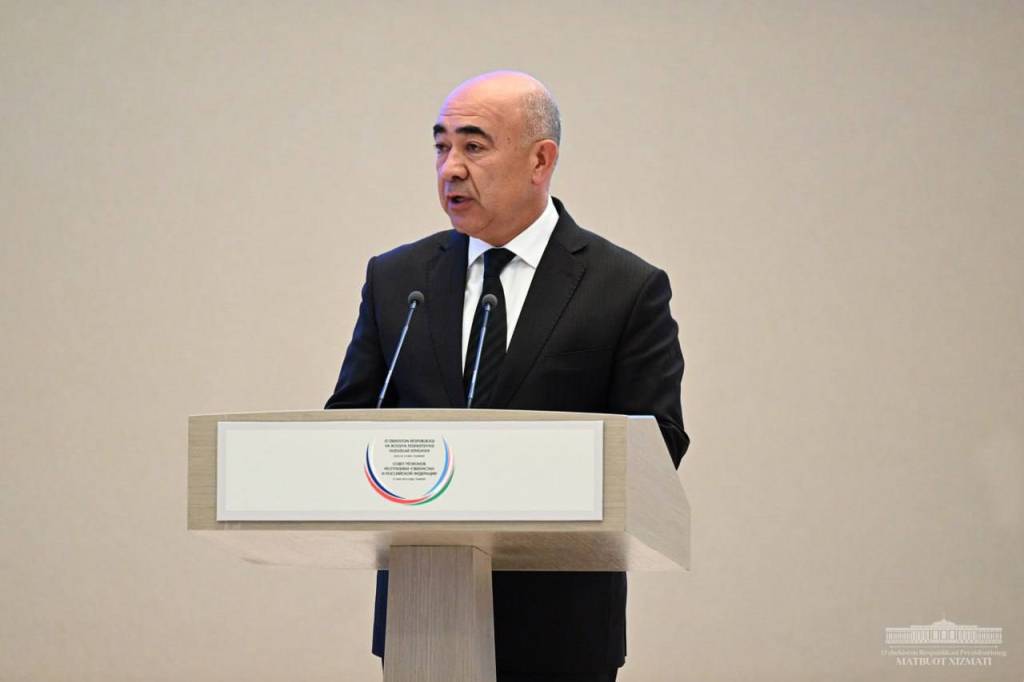
Plans were supported to create new joint industrial zones to promote cooperation projects with leading enterprises in Russian regions.
Enhancing cooperation in agriculture has been highlighted as a priority. The importance of continuing work to expand the network of agrological centers in the regions of Uzbekistan was noted.
The regions have been tasked with developing wholesale distribution centers in Russia and jointly growing crops with further supplies to Uzbekistan.
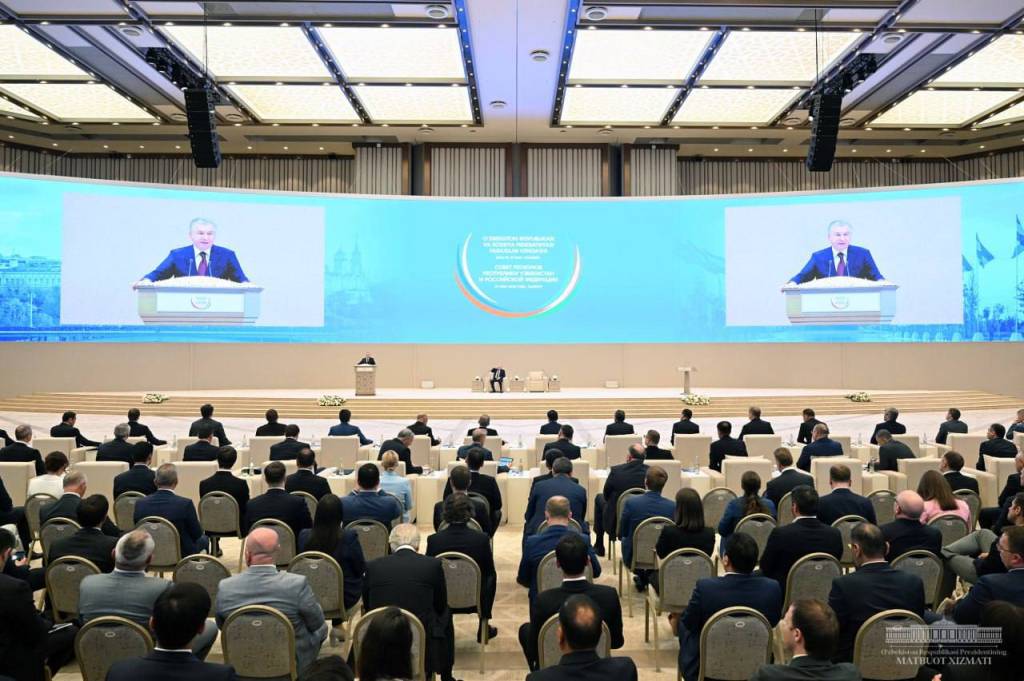
Having focused on the importance of developing tools for supporting and financing regional projects, the President of Uzbekistan announced the creation of a joint investment platform.
Particular attention was paid to enhancing cultural and humanitarian exchange. 14 branches of leading Russian universities, including Moscow and Saint Petersburg State Universities in Tashkent, University of Science and Technology MISiS in Almalyk, Kazan Federal University in Jizzakh, and many others, have been established in Uzbekistan.
During the visit, agreements were reached regarding establishing Uzbekistan branches of the Bauman Moscow State Technical University and the All-Russian Academy of Foreign Trade. A three-year Cultural Cooperation Program was adopted.
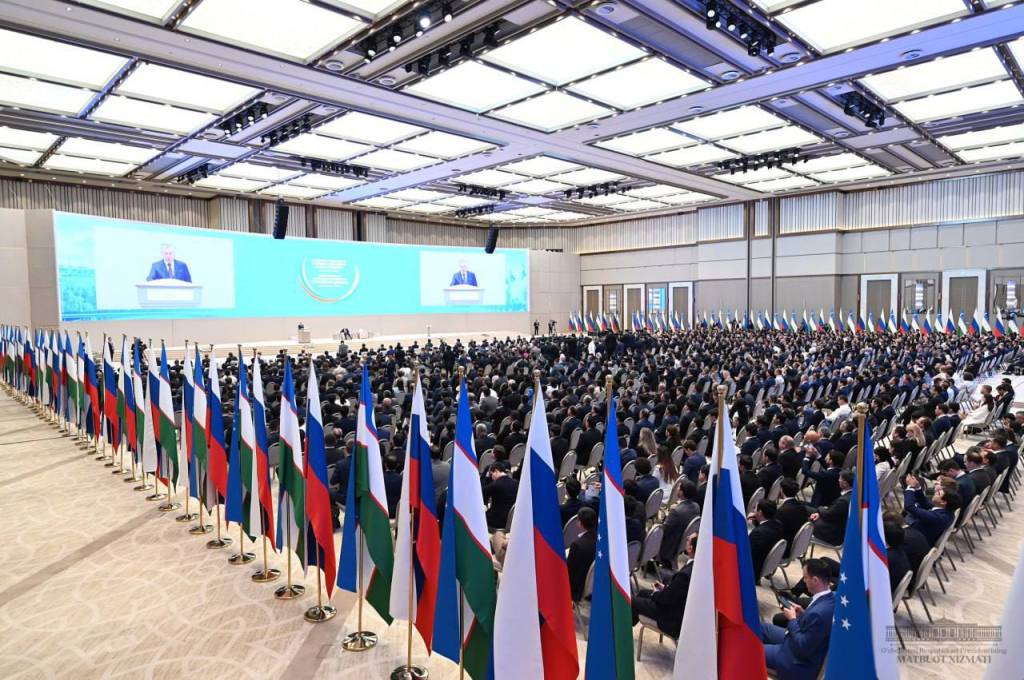
The President of Uzbekistan emphasized the importance of expanding tourist exchanges. Over the past few years alone, the number of Russian tourists has increased by five times. Regular flights connect all major cities of Uzbekistan and Russia.
The Leader of Uzbekistan advocated the adoption of new joint programs to develop tourist routes and trips to the historical cities of Uzbekistan and Russia.
In turn, the President of the Russian Federation, Vladimir Putin, highly appreciated the positive trends in the development of multifaceted relations with Uzbekistan and emphasized the importance of strengthening existing business contacts, including between the regions of Russia and Uzbekistan. The President of Russia called on business community representatives to participate more actively in implementing joint projects and initiatives.
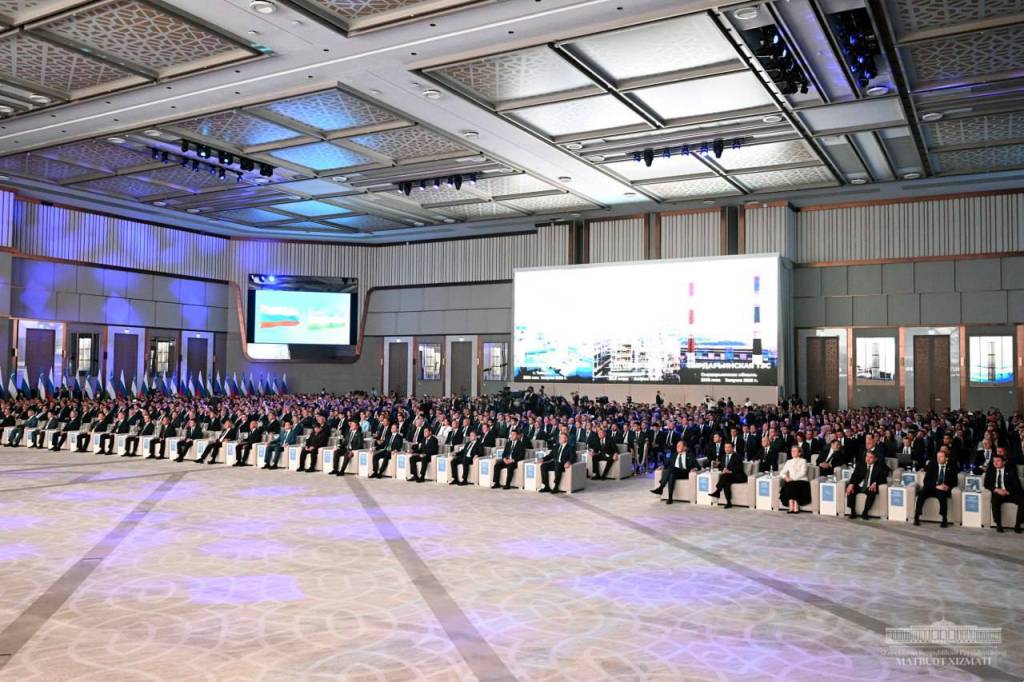
As part of the meeting, the launch of several new major investment projects was announced.
In general, on the sidelines of the Council, a solid package of documents on interregional interaction and agreements on the development of cooperation in the trade, economic, scientific, technical, and humanitarian spheres was signed.





